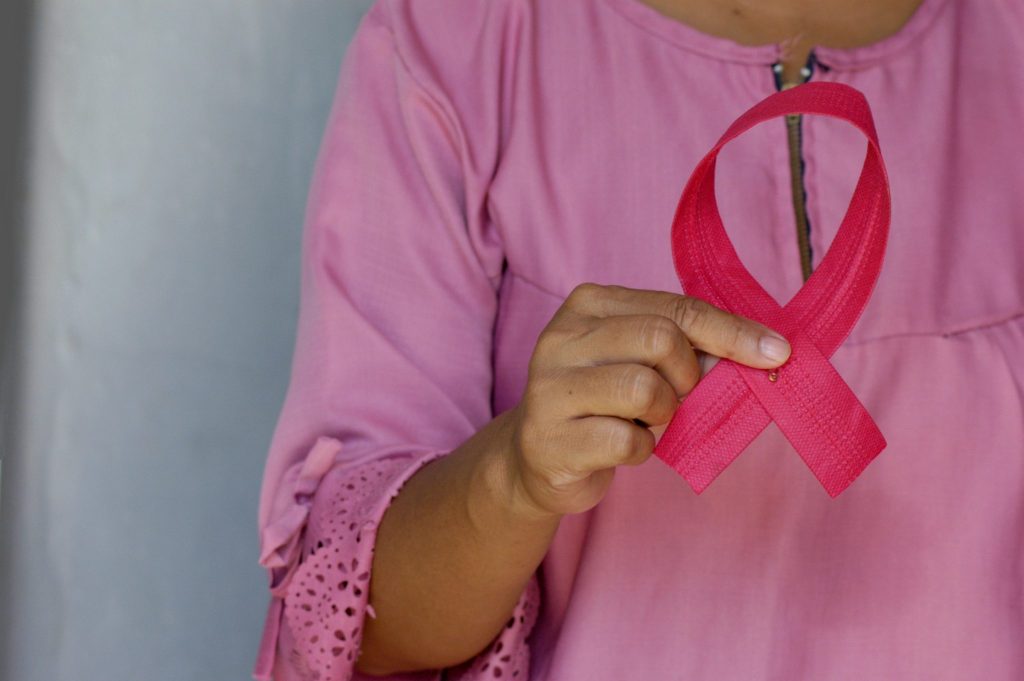
In a groundbreaking development, an Artificial Intelligence (AI) tool named Mia has demonstrated exceptional capability in identifying signs of breast cancer, surpassing the diagnostic accuracy of human radiologists. This advanced technology was implemented in a trial with NHS clinicians in the UK, where it meticulously analyzed mammograms from over 10,000 women. The AI’s superior detection prowess was particularly evident when it identified cancer symptoms in 11 cases that had previously gone unnoticed by medical professionals.
Mia’s intelligence stems from its training on a vast dataset encompassing over 6,000 prior breast cancer cases, enabling it to discern the intricate patterns and imaging biomarkers indicative of malignant tumors. Its performance on new cases was impressive, boasting an 81.6 percent accuracy in cancer prediction and a 72.9 percent success rate in ruling out the disease. This trial only saw a minimal reluctance from participants, with 81 out of 10,889 women opting out of having their scans reviewed by the AI.
The significance of this development cannot be overstated, especially considering that breast cancer remains the most prevalent cancer among women globally, with an annual diagnosis of two million new cases. Despite advancements in early detection and treatment leading to improved survival rates, many survivors still face serious side effects such as lymphoedema following surgery and radiotherapy.
To address these challenges, researchers are enhancing the AI system to predict the likelihood of patients experiencing such adverse side effects up to three years post-treatment. This innovation aims to enable healthcare providers to tailor care more precisely, offering alternative treatments or additional support for those at higher risk.
A clinical trial, Pre-Act, is set to further validate the AI’s risk prediction model, involving 780 breast cancer patients over a two-year follow-up period. The ultimate goal is to develop an AI system capable of providing a comprehensive evaluation of a patient’s prognosis and treatment requirements.
FAQ
How does the AI tool Mia work?
Mia uses machine learning algorithms trained on a large dataset of breast cancer cases to identify patterns and markers indicative of cancer in mammograms.
How accurate is Mia in detecting breast cancer?
Mia has demonstrated an 81.6 percent accuracy rate in predicting the presence of breast cancer and a 72.9 percent accuracy in ruling it out.
Can Mia detect cancer cases missed by human radiologists?
Yes, in the trial, Mia identified 11 cases of breast cancer that were overlooked by human doctors.
Will Mia replace human radiologists?
While Mia provides a significant enhancement in cancer detection, it is intended to complement, not replace, the expertise of human radiologists by offering a second, highly accurate opinion.
How will Mia benefit breast cancer patients?
By improving detection rates and predicting the risk of treatment-related side effects, Mia can help personalize care plans, potentially reducing unnecessary treatments and supporting those at higher risk with additional interventions.
Conclusion
The advent of Mia marks a significant leap forward in the fight against breast cancer, offering hope for improved detection rates and personalized care. Its ability to uncover cancer signs missed by humans underscores the invaluable role AI can play in enhancing diagnostic accuracy and patient outcomes. As research and development continue, the potential for AI to revolutionize cancer care and prognosis is immense, promising a future where technology and human expertise converge to save lives and optimize treatment pathways.
(Photo by Angiola Harry)



